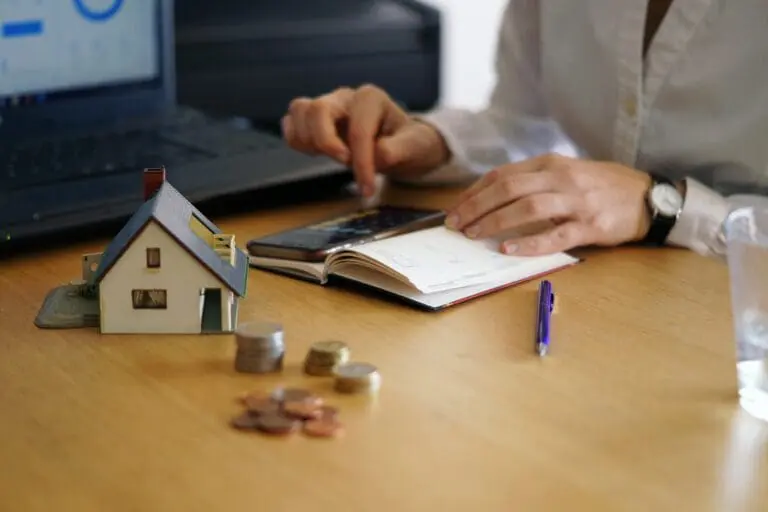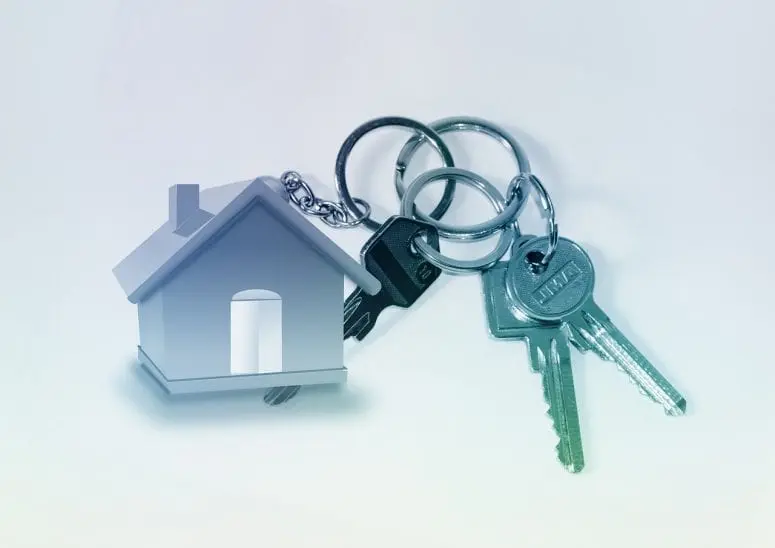Understanding the Basics of How Bail Work

In the eye of the law, you are not criminal until the charges establish you as guilty. There have to be solid grounds to prove you are an offender. But that might not help reduce your worries once you are behind bars. The more time you spend inside the jail, the more you get trapped in the proceedings. As the criminal justice system is slow, you may have to wait for a considerable amount of time to find a resolution. There are only two ways through which you can release yourself from the confinement – by posting bail or persuading a judge to let you go without bail.
How does bail work?
You have to plead innocence in the first place to come out of jail. However, the government also cannot afford to let you go just like that without making sure that you visit court. That’s why they ask for bail. You can pay your bail in cash or give some part of your real estate for release. The bond remains with the court until the hearing happens. If you appear in court on scheduled dates and times, you can get the refund after your case resolves. However, not abiding by the rules may cost you the entire bail amount.
Generally, courts charge you higher bail so that you appear in the court. However, it cannot be excessive as per the American constitution. Many states follow a bail schedule for different crimes. For instance, you may have to dole out $10,000 for a small theft, while $100,000 for dangerous criminal activity, such as murder. You can come out of the imprisonment faster by paying the bail amount relevant for your offense. The police officers cannot increase or decrease the amount.
However, judges can exercise their decision-making power. They can set your free without asking for bail or ask for an amount that they think is just for your type of case in a court hearing. They go deeper into the case before giving their final judgment. Certain things that can play an essential part in the decision here include:
- Nature of the crime
- The criminal history of the person in question
- Chances of the person running away from the country before a court hearing
- The financial condition of the person
- His or her likelihood of being a threat to others’ lives
Since a lot of it depends on the person involved in a particular crime more than the nature of offense also, you can find judges asking for different bail amounts from different people even though their criminal charges are the same. If you want to get out of jail quickly, you have to either pay the total amount, or offer a share of your property to the court as security, or hire a bail bonds company to pay the amount on your behalf. If you can afford it, you can pay the court and set yourself free and wait for the refund when the case is solved. However, if you don’t have financial resources or proper knowledge of the formalities, then it’s better to hire a bail bondsman for assistance.
Similar Posts:
- None Found









